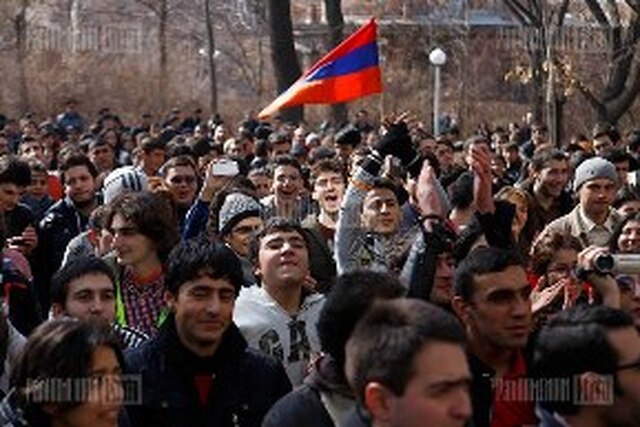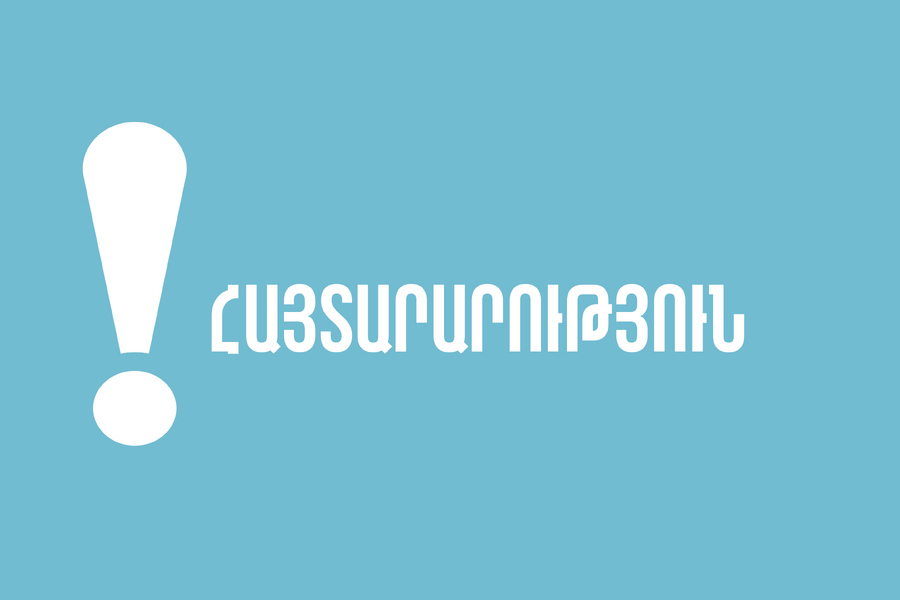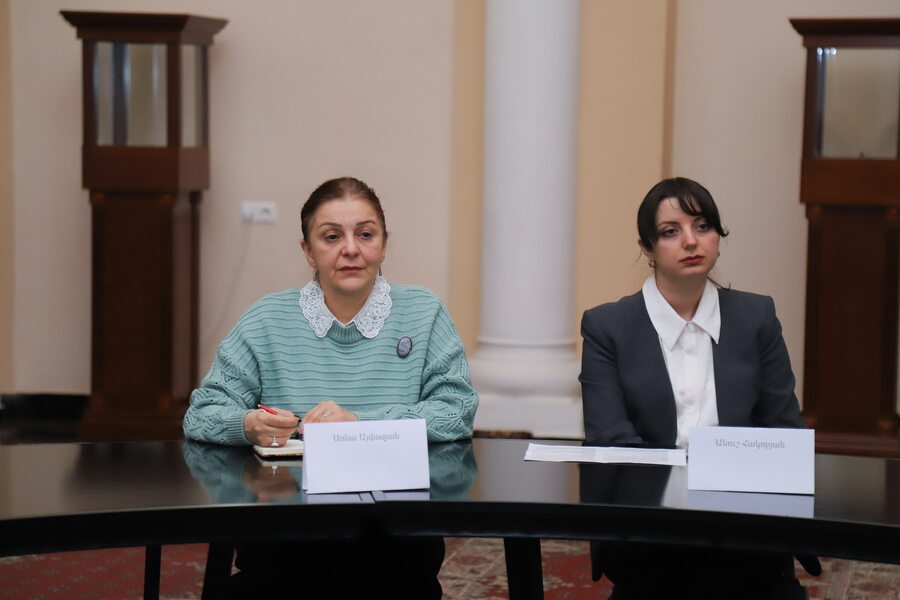Statement on the 2013 Presidential Elections in the Republic of Armenia by Civil Society
On February 18 2013, Armenia held presidential elections, the nature of which was unprecedented in the Republic's nascent history in terms of united expression of citizens' distrust towards the authorities. Despite considerable efforts on behalf of the authorities to secure seemingly orderly elections, the citizens of Armenia expressed their lack of confidence in the current government with their ballots. As a result, the opposition candidate Raffi Hovanissian received more votes than sitting President Serzh Sargsyan in numerous towns and villages.
As representatives of civil society organizations focusing on human rights and democracy development in Armenia, we believe that the official results published by the Central Elections Commission of the Republic of Armenia do not correspond with the realities of the country. Once again, the institute of the presidency has failed to achieve legitimacy on behalf of the people.
During the entire pre-elections campaign period, as well as during the Elections day itself, our domestic civil society observation missions witnessed violations organized by the ruling authorities, ranging from misuses of administrative resources, bribes, threats, ballot stuffing, voting in the place of absent individuals, and fraudulent results announcing, for which there is amble evidence to support, including reports made on social network sites and mass media outlets. Quite simply, the members of the Central Election Commission have become a party to the elections violations. Moreover, the various law enforcement agencies have demonstrated complete inaction towards preventing, mitigating, or otherwise eliminating the violations. Meanwhile, it is evident that large-scale violations significantly affected the outcome of the elections, including the results of voting stations observed and unobserved comparisons, as shown by the analysis of the elections results data.
It must be stated that that the preliminary assessments of the democracy promoting international observation missions do not reflect the real processes and are largely driven by political motives. Such assessments only work to undermine confidence among the Armenian public, not only towards European observer missions, but also towards international human rights standards and international democratic institutions, in general.
At the foundation of a democratic state, lies the people's right to participate in the forming of their government, and by extension, their trust in the electoral process. It is the opinion of the Armenian electorate, that the results of the elections are false, evident in the post election mobilization, rallying, and civil disobedience. Finding it of vital importance to instill in the public a sense of trust in the electoral process, we demand from the RA ruling authorities to publish the signed voters' lists from Election Day, in order to establish credibility among the electorate that absent voters weren't exploited, as well as to provide legitimacy to the authorities themselves. Otherwise, the Armenian citizens will have every right to conclude that the 2013 presidential elections have been falsified in a blatant attempt by the ruling authorities to maintain power.
1. Transparency International Anticorruption Center NGO
2. Helsinki Citizens' Assembly Office in Vanadzor NGO
3. Journalists Club "Asparez" NGO
4. Helsinki Committee of Armenia NGO
5. Collaboration for Democracy NGO
6. Womens' Support Center NGO
7. Womens' Resource Center NGO
8. Open Society Foundations ? Armenia Foundation
9. We Plus NGO
10. Public Information and Knowledge NGO
11. Protection of Rights without Borders NGO
12. Ecolur NGO
13. Committee to Protect Freedom of Expression NGO
14. "Arevamanuk" family and Child Care Fund
15. Journalists for Protection of Human Rights NGO
16. "Yerashkhiq" Civil Society Center NGO
17. New Generation NGO
18. Socioscope NGO
19. Environmental Right NGO





